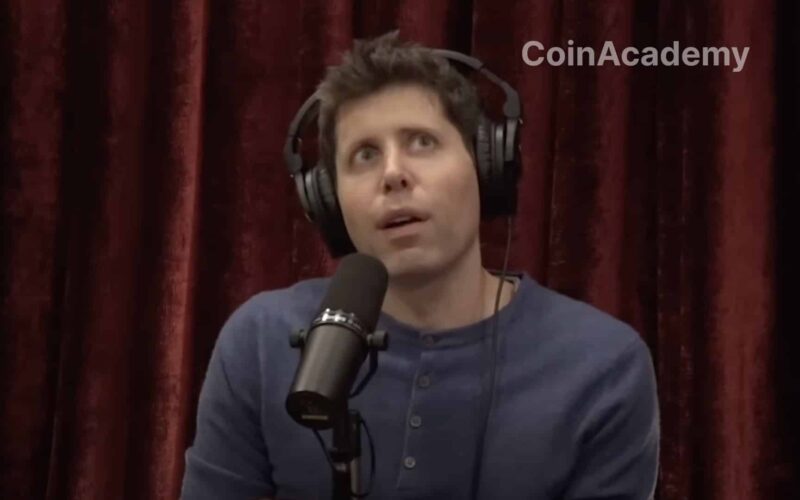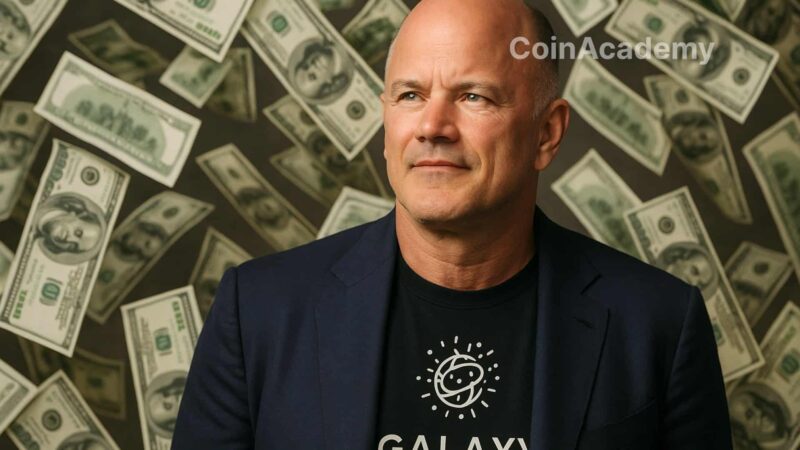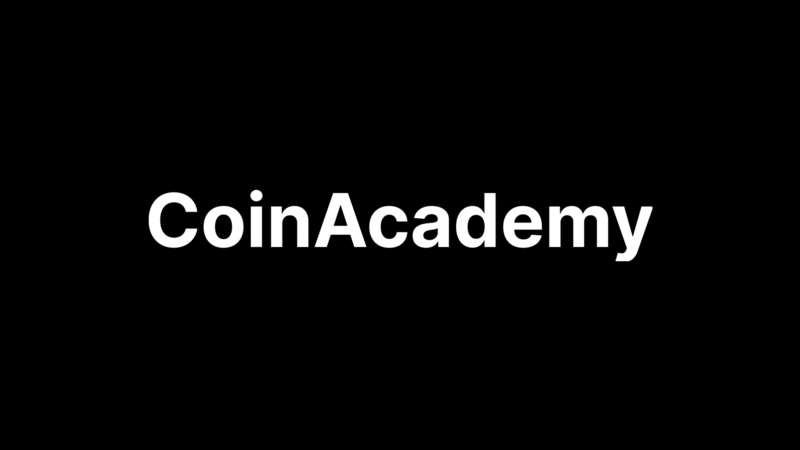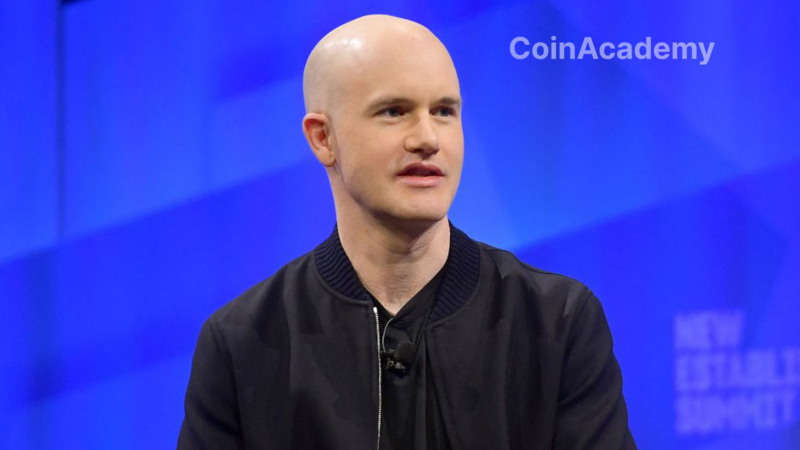Sam Altman is set to return as CEO of OpenAI after a tentative agreement following his recent ousting.
The reaction from employees and shareholders played a significant role in the negotiations leading to Altman’s potential return.
Microsoft, a key investor in OpenAI, is said to have influenced the decision to reinstate Altman and reshuffle the board.
Early Return of Altman to OpenAI
We have reached an agreement in principle for Sam Altman to return to OpenAI as CEO with a new initial board of Bret Taylor (Chair), Larry Summers, and Adam D’Angelo.
We are collaborating to figure out the details. Thank you so much for your patience through this.
OpenAI, the artificial intelligence startup, has announced a tentative agreement for the return of its co-founder Sam Altman as CEO, replacing Greg Brockman. This development comes less than a week after Altman’s removal from the company, which sparked significant backlash from employees and key stakeholders. The new initial board of OpenAI, expected to include Bret Taylor (Chair), Larry Summers, and Adam D’Angelo, signals a change in the company’s leadership structure.
Altman’s ousting last weekend was attributed to communication issues with the board, although the company clarified it was not due to misconduct or concerns regarding financial, business, security, or privacy matters.
The decision sparked intense internal and external pressure, including criticism from hundreds of OpenAI employees. In an unprecedented move, employees threatened to leave the company to join Sam Altman in his new team at Microsoft unless the board officially resigned.
The Influence of Microsoft and the Future of OpenAI
Microsoft, one of the major investors in OpenAI, played a crucial role in the negotiations to reinstate Sam Altman. The CEO of the technology giant, Satya Nadella, is said to have pushed for Altman’s reinstatement and board reform.
This decision highlights the strategic importance of OpenAI for Microsoft, particularly in light of recent reports of Altman and other former OpenAI employees joining Microsoft. Altman’s return and the resulting changes in leadership mark a significant moment for OpenAI, which continues to rely on its partnership with Microsoft and navigate the dynamic landscape of the AI industry.




